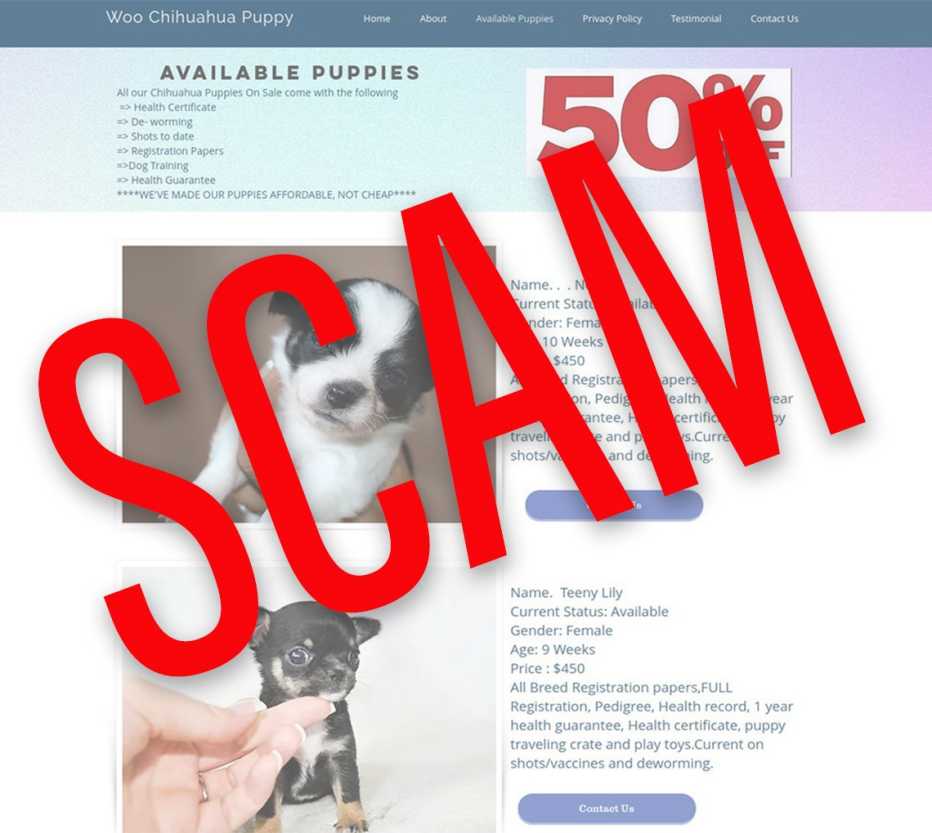AARP Hearing Center
They were pandemic puppies: furry, four-legged friends purchased to calm nerves and stave off isolation once the global health crisis erupted.
Their names — and photos — were precious: a teacup Chihuahua called Snow White, a larger Chihuahua named Bentley, a miniature dachshund dubbed Pansy. The pint-size furballs were advertised for sale online.
The puppies, supposedly being shipped domestically to their new owners, never arrived.
The animals never existed, federal authorities say. One victim lost $9,100 trying to buy a dog for her mother in March 2020. Others, including two victims in their 50s, lost smaller sums. Six victims, from Pennsylvania, Texas and Iowa, were defrauded, according to the criminal complaint, and there are additional victims not identified in that document, said Margaret Philbin, spokeswoman for the U.S. Attorney’s Office in Pittsburgh, where the charges were filed.
This scheme “for years involved the purported sale of pets to the American public,” FBI Special Agent Joseph Ondercin said in an affidavit filed in court. He is in the FBI’s computer intrusion squad in Pittsburgh.
Stung by puppy love
The imaginary puppies, in fact, were pawns in an international fraud scheme that authorities say has left multiple victims empty-handed. That’s despite paying for the dogs as well as for subsequent fake costs fraudsters asserted had been incurred, including for a supposed need to quarantine animals because of coronavirus exposure.
(According to the Centers for Disease Control and Prevention, a small number of pet dogs in the U.S. have reportedly been infected with the coronavirus, but there is no evidence that animals play a significant role in spreading the virus to people.)








































































